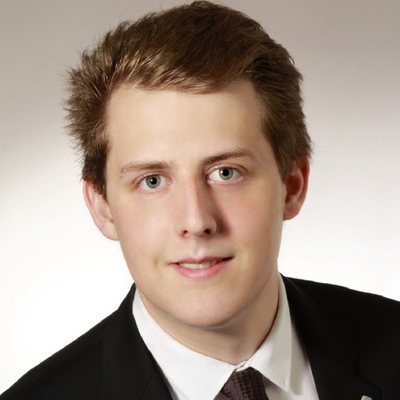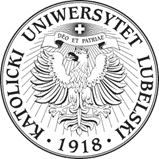Institute for European and International Law (IEIL)
The legal challenges of the 21st century are characterized by increasing complexity and dynamism. The global legal order is facing, more than ever before, a multitude of complex transformations that affect both international law and European law.
Ongoing geopolitical tensions, questions concerning the international security architecture, and the protection of human rights are just as much in focus as the further development of the European integration process, the reform of EU institutions, and the rule of law within the EU and beyond. In addition, new technological developments raise fundamental legal questions that reach the foundations of both legislation and legal application and require a supranational legal perspective. The growing importance of international and European norms in an increasingly complex and interconnected global environment calls for a thorough and well-founded examination of the interplay between national, European, and international law.
In a time of profound transformation of the international legal order and cooperation, the Institute engages with fundamental and current challenges that shape the relationship between states, international organizations, supranational institutions, and the economy.
The Institute places particular research emphasis on the regulation of new technologies and life sciences law – two areas of law that are gaining particular importance in light of technological progress and revolutionary innovations. The regulation of new technologies deals with the legal frameworks and mechanisms for the governance and control of innovative technological developments, particularly in fields such as digitalization, artificial intelligence (AI), autonomous systems, and robotics, in order to ensure compliance with legal standards and legal certainty. Life sciences law examines the legal frameworks for bioscientific and medical innovations, including the regulation of pharmaceuticals, medical devices, biotechnology, genetic engineering, and synthetic biology, as well as related legal and ethical issues.
Head of the Institute for European and International Law

Research Areas
Contact

International Cooperations

Kooperation
The John Paul II Catholic University of Lublin, founded in 1918, is the oldest university in Lublin and among the oldest in Poland. Guided by the motto Deo et Patriae, it has become a key centre of Catholic thought, shaping Polish science and culture. Today, KUL is an open university welcoming students of all faiths. Its highly qualified academic staff teach and conduct research across a broad range of disciplines, including theology, philosophy, law, social sciences, humanities, natural sciences, and health studies. KUL is internationally recognised and engages in numerous academic exchange programmes.
Mehr erfahren
